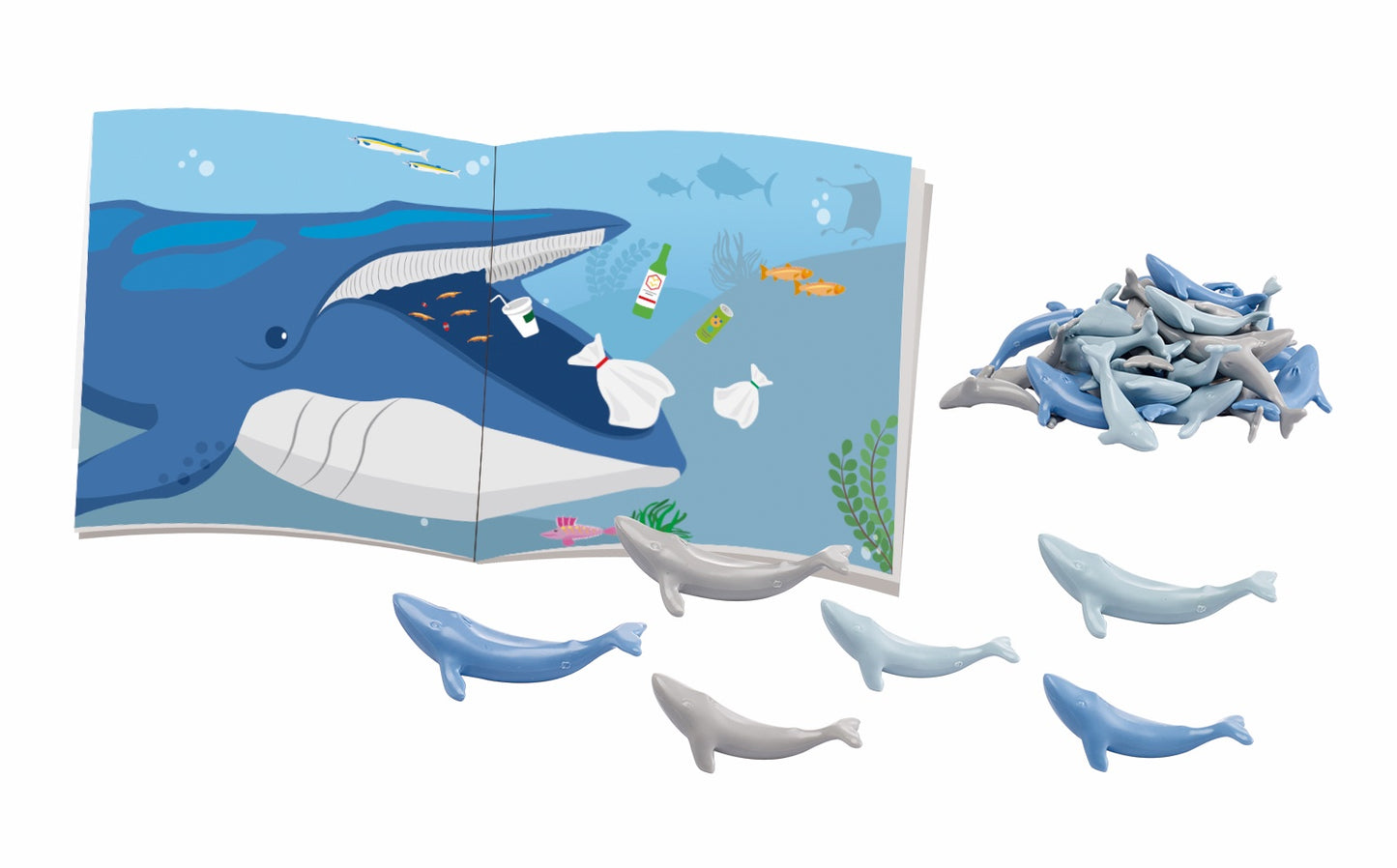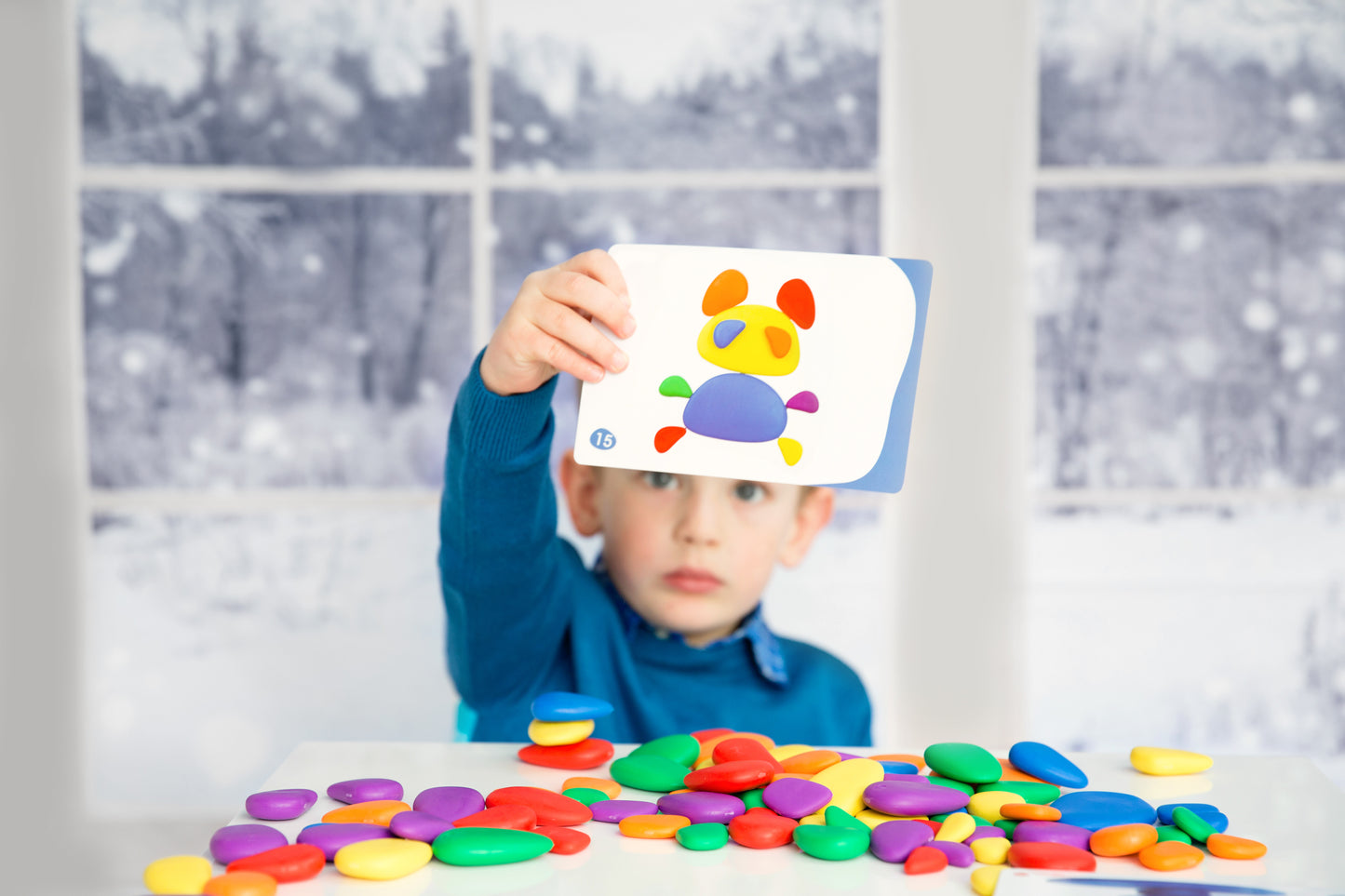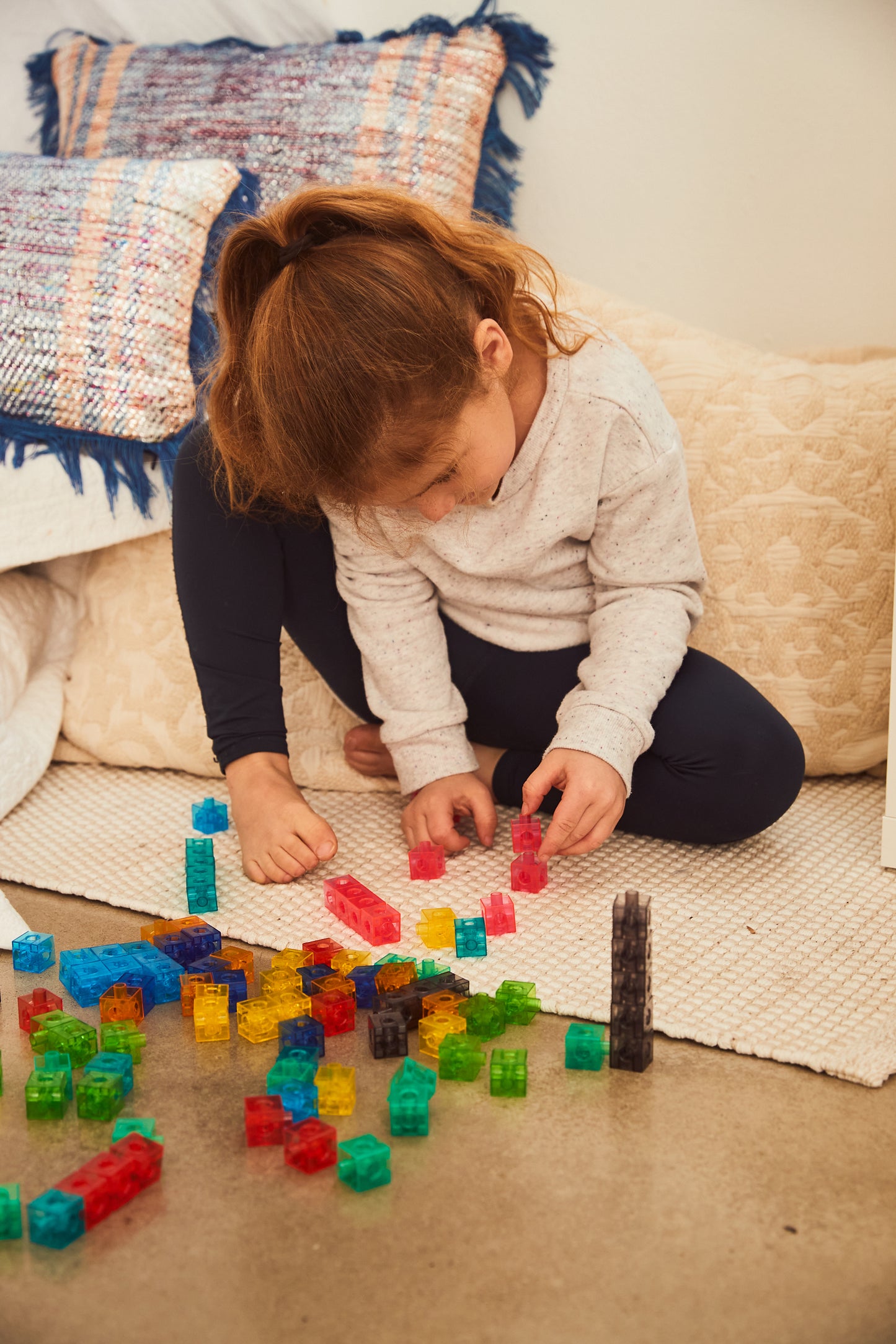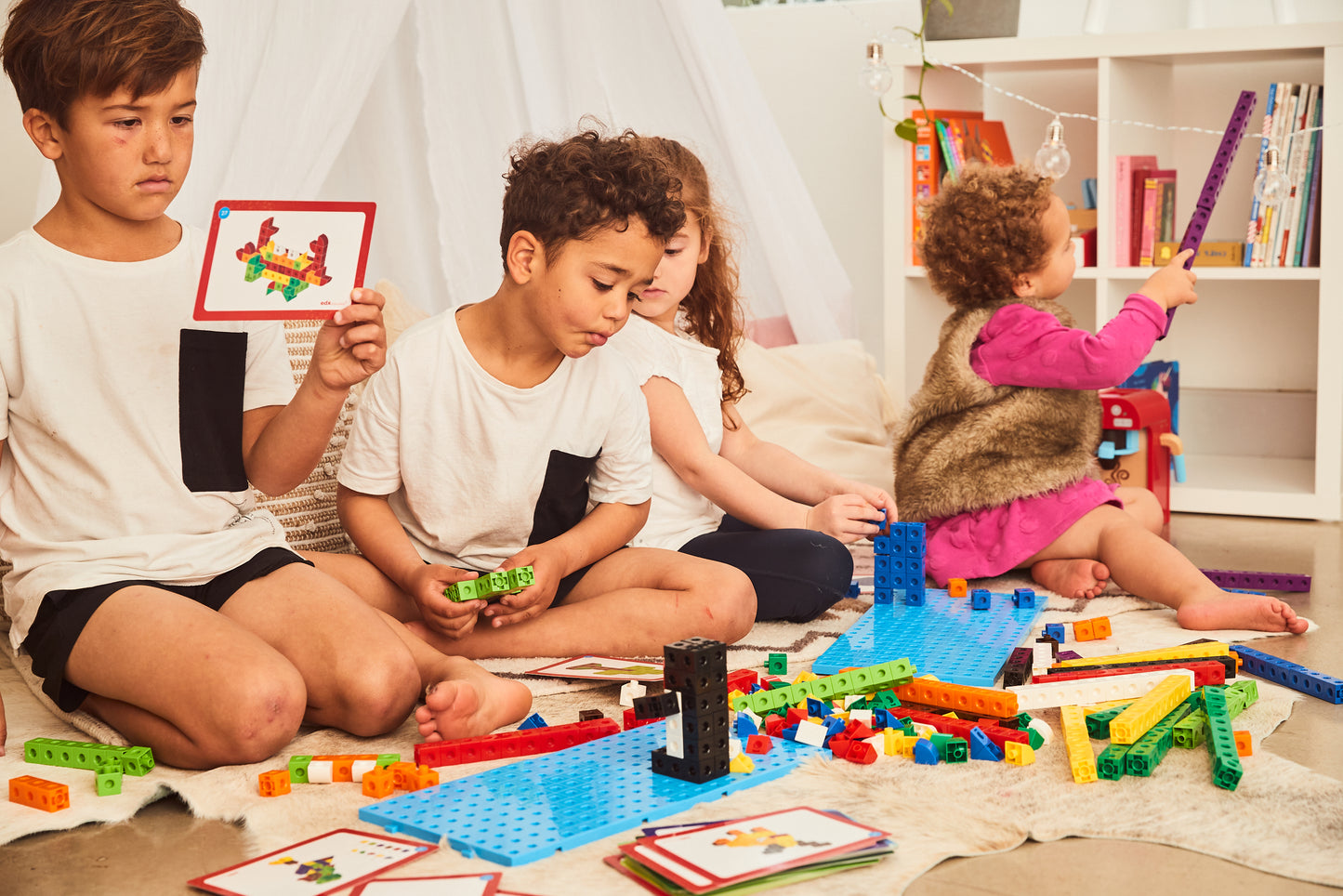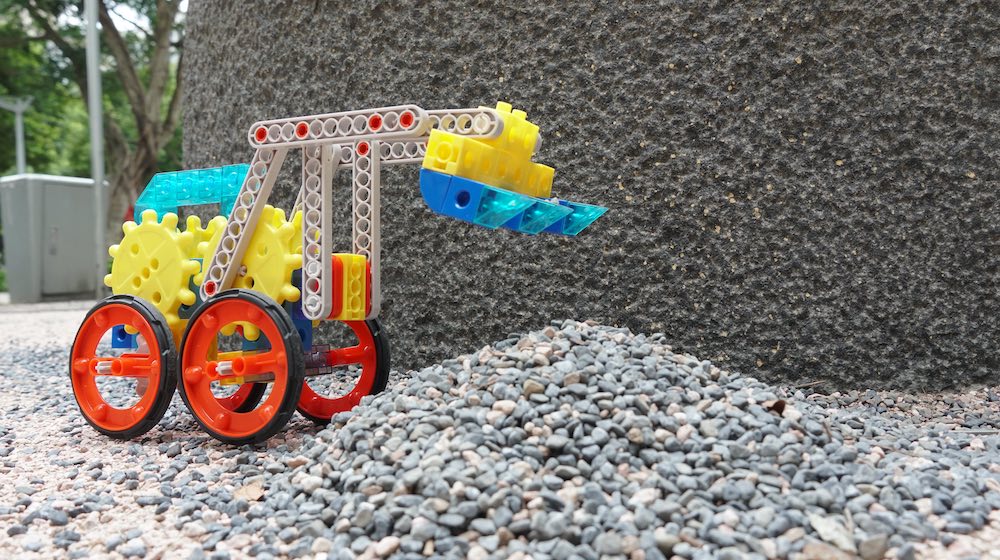Discovering and managing our emotions isn't always an innate skill, yet it's crucial for our well-being. Fortunately, mindfulness offers a pathway to recognising and controlling our emotions, empowering us to navigate through challenging feelings and behaviours. Through simple mindfulness exercises,
In honour of Mental Health Awareness Week in the UK, let's delve into the realm of sensory play, a potent tool for nurturing children's cognitive, physical, and emotional development. At the heart of this exploration are five captivating sand and water play activities curated by Edx Education, designed to ignite social
The holiday season is upon us, and for parents and caregivers, that often means packing up the family and hitting the road for Christmas adventures. Travelling with children can be both thrilling and challenging, but fear not!
In the delightful journey of parenthood, every moment is an opportunity for growth and development. One of the most powerful tools at our disposal is play. Through play, children not only discover the world around them but also enhance crucial skills, including speech and language.
Play is the key to unlocking a child's potential for learning. One versatile and engaging tool that has been making waves in the realm of math education is the edx education Linking Cubes
In the dynamic landscape of education, the importance of fostering holistic development in children cannot be overstated. The transformative power of incorporating mindfulness and play into the learning environment.
Early childhood educators witness first-hand the incredible impact that play has on a child's development. It goes beyond mere enjoyment – play is the cornerstone of learning in the early years, providing a rich environment for children to acquire foundational skills and grasp essential concepts. Let’s share with parents and caregivers the significance of play, especially when accompanied by hands-on toys.
Edx Education are designed to be more than just playthings. They offer valuable opportunities for children to learn and practice...
Edx Education's line of educational toys is designed to engage and educate children while fostering essential social and emotional skills....
Sensory play is a remarkable tool that engages a child's senses, promoting cognitive, physical, and emotional development. It's not just...
it's more important than ever to nurture a child's imagination and creativity. One effective way to achieve this is through educational toys that encourage open-ended play. Among these, Rainbow Pebbles® from edx education, stand out as a versatile and engaging tool for stimulating children's imagination. We will explore how Rainbow Pebbles can help children develop crucial skills while having fun and embracing their creative side.
Fostering a child's creativity and imagination is more important than ever. As parents and educators, we strive to provide children...


